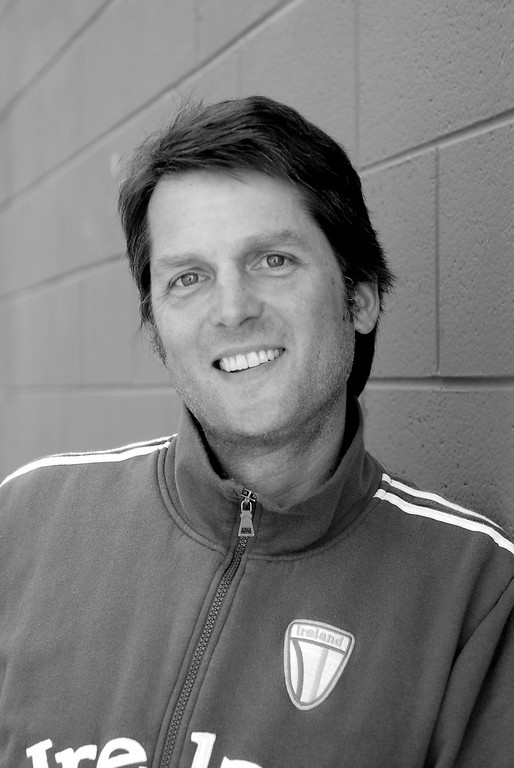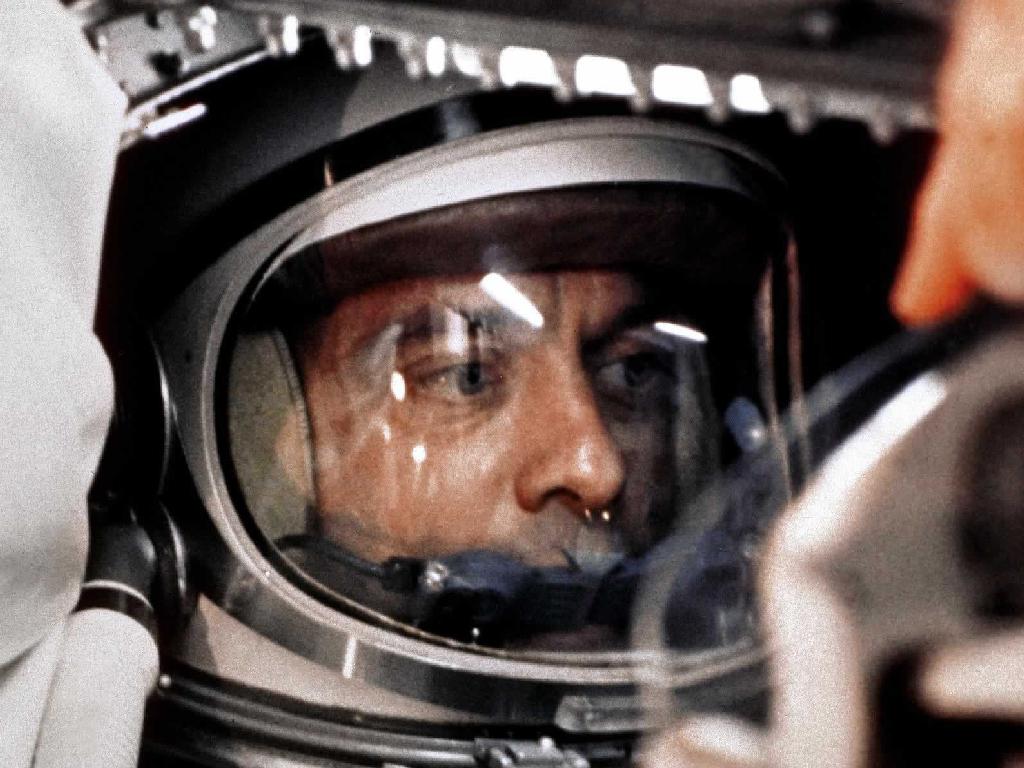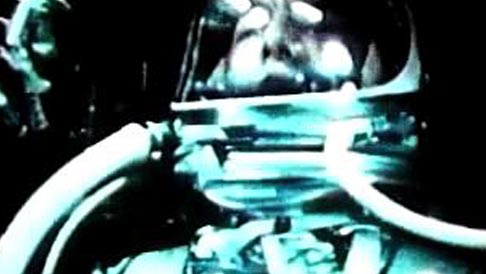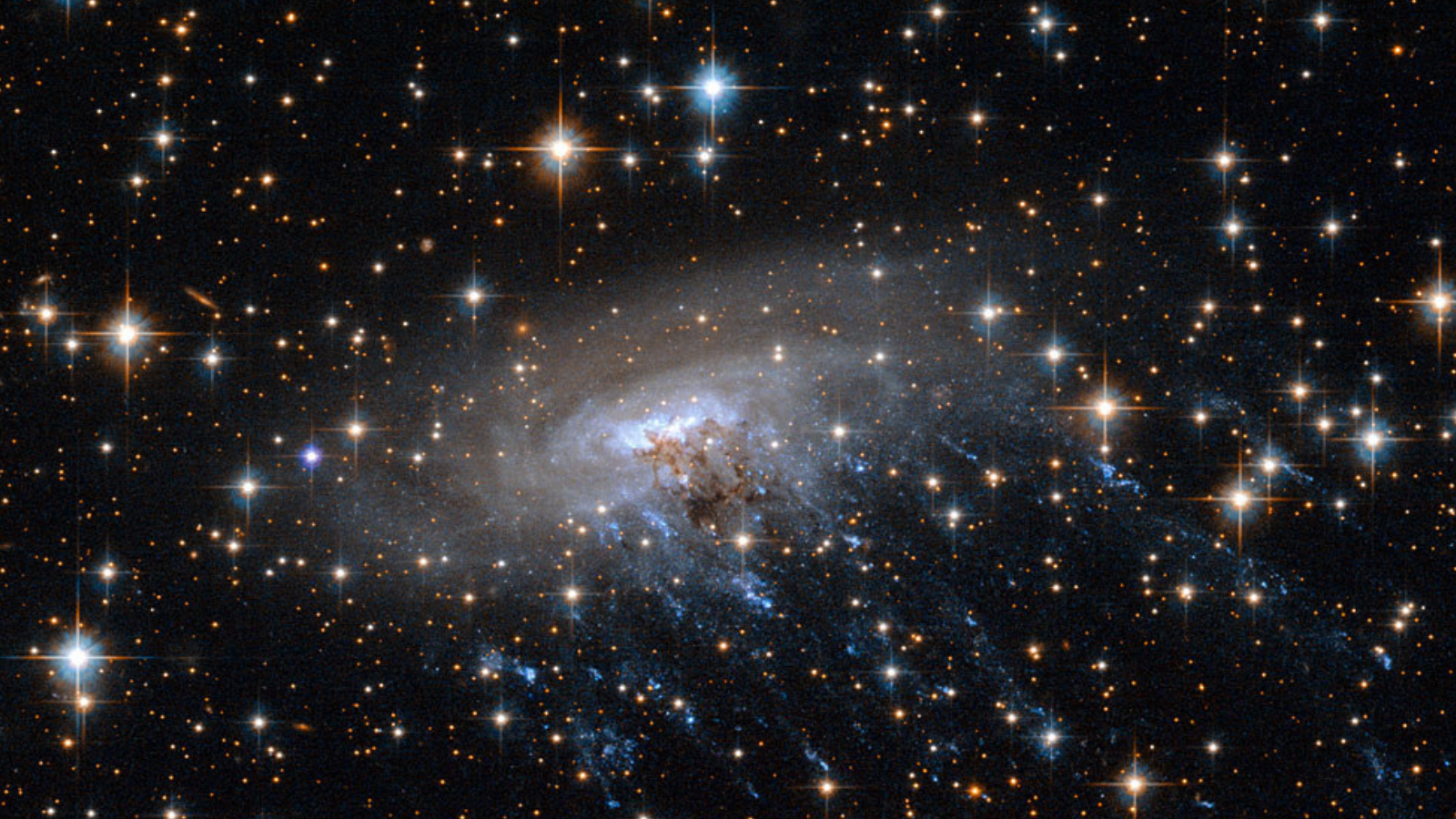SPACE.com Facebook Q&A: 10 Alan Shepard Questions for Biographer Neal Thompson
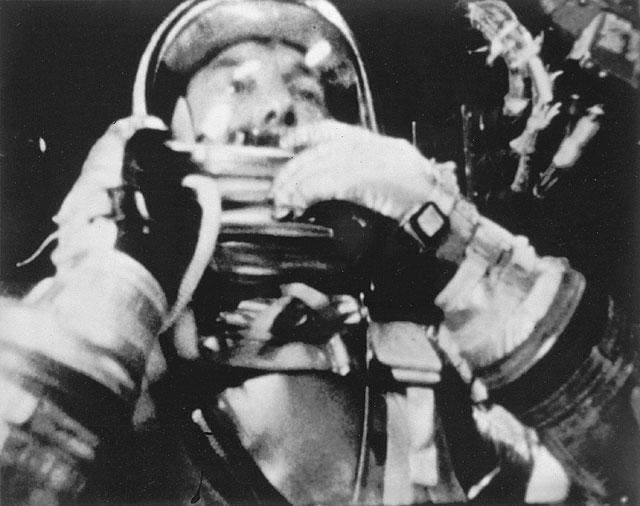
Breaking space news, the latest updates on rocket launches, skywatching events and more!
You are now subscribed
Your newsletter sign-up was successful
Want to add more newsletters?

Delivered daily
Daily Newsletter
Breaking space news, the latest updates on rocket launches, skywatching events and more!

Once a month
Watch This Space
Sign up to our monthly entertainment newsletter to keep up with all our coverage of the latest sci-fi and space movies, tv shows, games and books.

Once a week
Night Sky This Week
Discover this week's must-see night sky events, moon phases, and stunning astrophotos. Sign up for our skywatching newsletter and explore the universe with us!

Twice a month
Strange New Words
Space.com's Sci-Fi Reader's Club. Read a sci-fi short story every month and join a virtual community of fellow science fiction fans!
This year marks the 50th anniversary of American human spaceflight, and yesterday (May 5), NASA celebrated the historic suborbital flight that made astronaut Alan Shepard the first American to reach space. On May 5, 1961, Shepard launched aboard his Freedom 7 spacecraft on a 15-minute journey that changed the face of the nation's space program.
Neal Thompson, author of "Light This Candle: The Life and Times of Alan Shepard" (Three Rivers Press, 2005), took time recently to answer questions from SPACE.com fans on Facebook about the man behind one of the most famous spaceflights:
Mark LaughingBear: What fear if any did he express before his first journey into space?
Neal Thompson: Although Shepard admitted to NASA doctors that morning that he experienced some "butterflies," I don't thinkfear would be something he would ever admit to. This is a guy who landed wounded jets on storm-tossed aircraft carriers, so he had learned how to control fear and anxiety. But I do think he wanted to make sure everything went perfectly. [Photos: Alan Shepard's Freedom 7 Spaceflight]
Shepard was a perfectionist and he was determined to make sure his performance that day was flawless. Then again, he was also incredibly eager and impetuous (i.e. "light this candle!"), so the one emotion he did show that morning was impatience. He wanted NASA engineers to stop fiddling and fretting and to get on with the mission. He admitted years later, though -- after the Apollo 1 tragedy -- that he had been wrong to push NASA to move faster at such moments. He realized later that they were trying to be as careful and precise as he was.
Teri Huffstutter: Who or what was it that inspired Alan Shepard to want to go to space? Was it everything he expected it to be?
Thompson: I think life was one big competition for Shepard, and as a naval aviator he felt he had already gone as far as he could in that profession, and reach the pinnacle as a carrier pilot and test pilot. To him, space was the next logical place for a competitive flier to go. His didn't necessarily view his Mercury flight as an astounding feat of "space exploration," though, since it was suborbital (and because of the limitations of the capsule -- i.e. no window). [Video: Flashback to America's First Spaceflight]
Breaking space news, the latest updates on rocket launches, skywatching events and more!
What he was most proud of about that flight was that he was chosen to go first, that he had competed against the best aviators in the world and had been picked as the first spaceman. I think his Apollo 14 flight a decade later was more satisfying as a "space flight." And I think one reason he stayed with NASA through the mid-'60s (while he was grounded with Meniere's disease) was so that he could get back into space and really experience the adventure of leaving Earth's orbit.
Charly Townsend: How did he feel when he saw Earth from space for the first time?
Thompson: Shepard was frustrated during his Mercury flight that he wasn't able to see more of the Earth. His capsule only had a periscope -- no window -- so his view was very diminished. Also, during prelaunch preparations he added a filter to the periscope to block out the bright morning sun. He forgot to remove it and during his 15-minute flight realized too late that the filter was in place, making his view mostly gray. [Infographic: Mercury - America's First Spaceship]
As for viewing Earth from the perspective of the moon, though, while he didn't talk much about his personal feelings or emotions he did once describe that moment when he stepped out of his Antares capsule. He said something like "it's been a long journey but Al is on the surface." And then, while waiting for Ed Mitchell to join him, he had about 60 seconds alone. He looked up at the Earth and started to cry. He was obviously a very steely guy but it moved him to look up at the planet that seemed "finite" and "fragile," as he put it.
Stephen Warne: Did some people really think that humans would go "insane with god-like feelings" when they left the Earth?
Thompson: Yep. There were all sorts of "what ifs" and speculations during the early days. Here's a sample from "Light This Candle," based on my interview with John Glenn: "There was always another what-if," Glenn once remarked, referring to the nervous Nellies in NASA's medical corps who dreamed up many ghastly scenarios: What if the astronauts experience 'separation anxiety' and inexplicably refuse to return to Earth? What if the astronauts' eyeballs oozed and became misshapen in the zero gravity of space? What if the fluids of the inner ear, which controls balance, floated out of the astronauts' heads, leaving them permanently dizzy and vertiginous? "
Joe Weiss: Why didn't NASA detect Meniere's Syndrome before his [first] flight? Second, there is an incorrect image of Gus Grissom concerning the loss of his hatch after he splashed down. What efforts did Shepard make to correct that image?
Thompson: That's a good question, and I don't think we'll ever know for sure why NASA didn't detect Shepard's illness. I did find a Navy friend of Shepard's who said the symptoms first appeared around the time that Shepard was selected. Shepard asked his buddy to keep quiet about his dizzy spells, knowing it'd be the end of his astronaut career. And Wally Schirra told me that none of them knew until later just how bad the episodes had been: “He hid that well,” Schirra said. As for the second question, I'm afraid I never came across any information about Shepard's response to Grissom's flight or the (incorrect) accusations that Grissom was at fault. I know Shepard considered Grissom a stellar aviator and excellent astronaut and one of the best of the Mercury 7. (He did not feel as protective of Scott Carpenter or Gordon Cooper, however.) [Giant Leaps: Top Milestones in Human Spaceflight]
Subash Beharie: Did he believe in life beyond our blue planet?
Thompson: I think Shepard was somewhat agnostic on that topic. Though his mother and his wife were very religious (both Christian Scientists), and his dad played organ at the church in Shepard's hometown, and though Shepard did attend church, he never spoke about his faith.
At the famous introduction of the Merc 7 in 1959, when asked about his "sustaining faith," Shepard said, "I am not a member of any church." When he stood on the moon, he was moved by how tiny and fragile the Earth seemed, but still, he never openly discussed whether his experiences in space ever gave him a sense of a world or life beyond the one we know on Earth. His partner on Apollo 14 discussed at length his sense that the cosmos was wrapped inside a "divine presence," but Shepard made no such comments.
Christopher Nguyen: As a child, was Alan Shepard ever inspired to become an astronaut?
Thompson: He was very competitive as a child. His dad was an Army colonel and he expected a lot from his son. Shepard was a standout athlete, went to the Naval Academy, served on a ship at the end of WWII, and then immediately started flying planes and then jets for the Navy. As we know, he became one of the best aviators in the country, and he was very proud of his abilities as a pilot. So when the astronaut program was launched, he knew immediately that he wanted to be part of it.
There's a funny story about the 110 invitations NASA sent out to the nation's top aviators, and how Shepard's invitation was briefly misplaced. He was furious and spent the whole weekend in a funk, until getting back to his office on Monday and being handed his invitation. I think Shepard loved the astronauts' life, and I think that's why he stayed with NASA for so long (15 years), even during the period when he was ill and couldn't fly.
Joshua Mitchell: In the movie "The Right Stuff" there's a scene that shows the astronaut candidates providing semen samples while humming the song of their respective military branches. So, did they really have to provide such samples and did they really hum or was this just Hollywood throwing in their twist?
Thompson: They did, indeed, have to provide semen samples. But I never came across any information regarding the humming. I think that was Hollywood. But, in my view, the things they were subjected to didn't really require Hollywoodization. They were bad enough.
Here's how I describe the semen sampling in "Light This Candle": "No muscle, bone or gland went untouched. Shepard had his throat scraped, he gave stool and semen samples, he had jolts of electricity zapped into his hand and had a probe nicknamed the 'steel eel' shoved into his rectum ... One day, Shepard the prankster decided to mess with them. As a bespectacled young doctor slowly inserted the 'steel eel' into Shepard’s rectum, Shepard began moaning and slowly rocking his hips back and forth. 'Oh, yeah,' he said in a low whisper. 'Mmmm, that’s good. More... give me more.' Another astronaut candidate -- John 'Mitch' Mitchell, Shepard’s former flying partner from the USS Oriskany -- was in the room, shaking with silent laughter as the stone-faced young doctor turned cherry red."
Lee Butler: This is probably classified, however, did Shepard or any other crew see "unexplained" happenings?
Thompson: I never came across any information regarding Shepard seeing or experiencing anything "unexplained." But I do describe in "Light This Candle" the ESP experiments that his Apollo 14 partner Ed Mitchell conducted to and from the moon. When I interviewed Mitchell, he told me he knew Shepard wouldn't have approved of his experiments so he never told him. When the news was later leaked to the press, Shepard assumed they were making it up, and Mitchell nervously confessed. But he said Shepard never scoffed or mocked. He just nodded and smiled. If he had any sense that there was something like a "divine presence" (as Mitchell described it, he never shared his views.
Anna Letowt-Vorbek: I wonder, would Mr. Thompson like to comment what he feels Shepard would have to say about the things we've learned from those space flights, and the unsung impact on our lives.
Thompson: I think Shepard was very proud of the impact that the research and technology of NASA's early years have had on American life. Over the years, I've touted Shepard as one of the overlooked champions of NASA and of space exploration. He stayed with NASA for 15 years, even when he was sick, and could've left to pursue more lucrative options. But I think he truly believed in the mission of NASA, and in the potential for space exploration to have a positive impact on mankind. He was a true ambassador to space.
You can follow Neal Thompson on Facebook here. Follow SPACE.com for the latest in space science and exploration news on Twitter @Spacedotcom and on Facebook.

Space.com is the premier source of space exploration, innovation and astronomy news, chronicling (and celebrating) humanity's ongoing expansion across the final frontier. Originally founded in 1999, Space.com is, and always has been, the passion of writers and editors who are space fans and also trained journalists. Our current news team consists of Editor-in-Chief Tariq Malik; Editor Hanneke Weitering, Senior Space Writer Mike Wall; Senior Writer Meghan Bartels; Senior Writer Chelsea Gohd, Senior Writer Tereza Pultarova and Staff Writer Alexander Cox, focusing on e-commerce. Senior Producer Steve Spaleta oversees our space videos, with Diana Whitcroft as our Social Media Editor.
